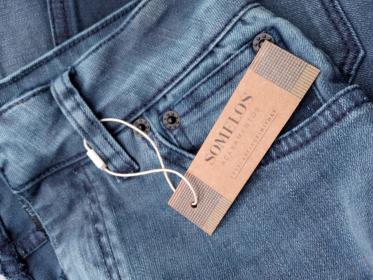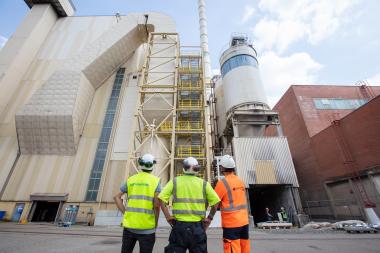Archroma and Somelos: New dyeing and finishing process for water savings of up to 97%
Archroma, a leader in specialty chemicals towards sustainable solutions, and Somelos, a vertically integrated textile group in Portugal, have joined forces to advance sustainable cotton processing with a new water-saving dyeing and finishing process that generates no wastewater.
Conventional cotton dyeing and finishing requires substantial water and chemical inputs and produces a large volume of wastewater. Long-lasting wash-down effects in particular, traditionally require two water-intensive processes: one to get the color intensity and one to achieve the washed-down contrast. Relying on such resource-intensive processes is of particular concern in nations affected by drought and water scarcity, like Portugal, the home of Somelos since its founding in 1958.
To address this challenge, Archroma and Somelos have now developed the New Dry Dyeing/Ox Finishing process for the production of bottoms and shirting in cotton fabrics. Based on Archroma’s Pad-Ox dyeing process, which combines oxidation and fixation into one step, and the latest technologies for washdown effects, including ozone and laser treatments, it delivers water savings of up to 97% compared to conventional cotton dyeing and finishing.
The New Dry Dyeing/Ox Finishing process only uses water to prepare the dye and oxidation baths. Archroma Diresul® RDT liquid pre-reduced sulfur dyes ensure easy washdown and direct fixation—with no need for pre-washing—delivering shorter processing, cleaner production and high wash -fastness.
Archroma































